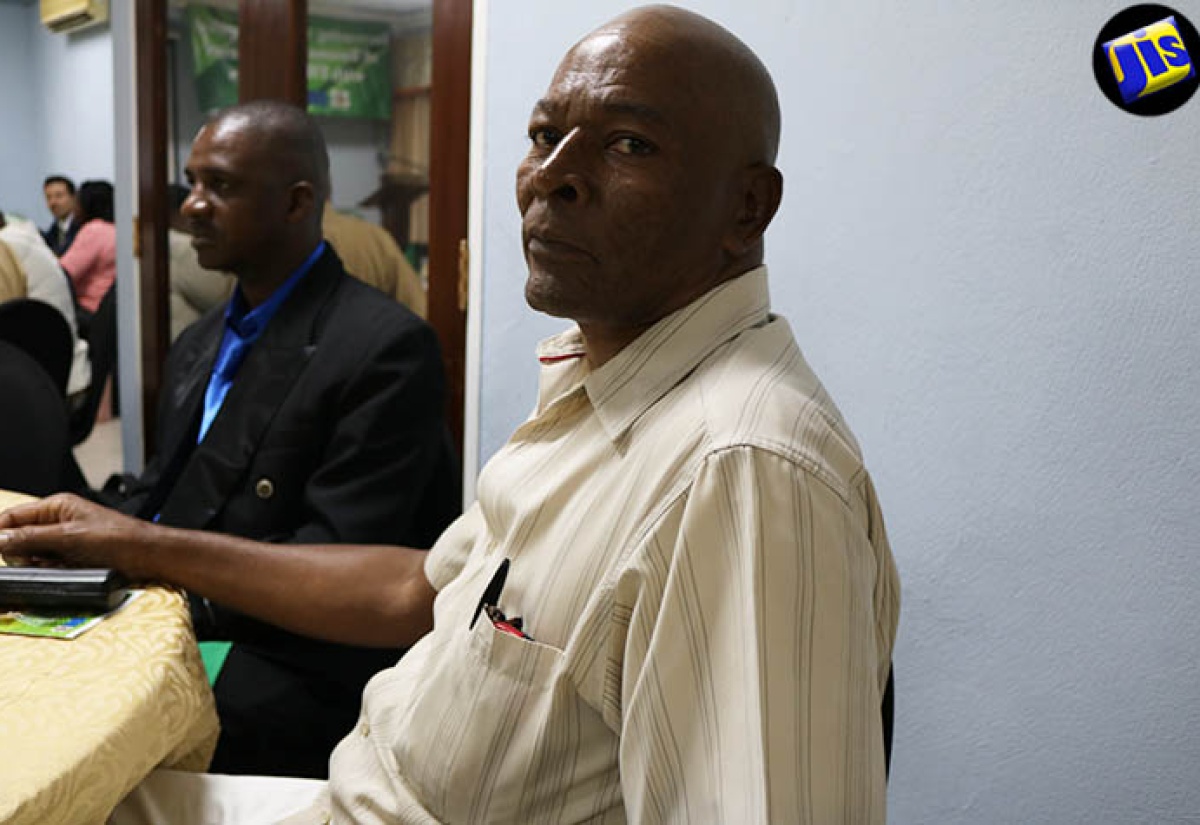Disease-Resistant Honduran Bananas Popularity Growing in Jamaica
By: , July 6, 2016The Key Point:
The Facts
- The Dwarf Hybrid is one of the popular varieties among local industry stakeholders.
- Chief Technical Director in the Ministry of Industry, Commerce, Agriculture and Fisheries, Dermon Spence, says the Ministry is committed to ensuring the return of the banana industry’s glory days.
The Full Story
Bananas developed by the Honduran Agricultural Research Foundation (FHIA) are finding favour among local industry stakeholders.
The varieties, inclusive of the ‘Goldfinger’ (FHIA-01), ‘Sweetheart’ (FHIA-3) and ‘Dwarf Hybrid’ (FHIA-25), are renowned for being disease-resistant and more suitable for cooking and processing into snacks.
They are cooked within five minutes when boiled, remain soft after being cooled and, as such, are marketed in their unripened state.
Research and market studies conducted in Jamaica and Honduras show that the new varieties are deemed ideal for the production of chips and other value-added outputs.
The Dwarf Hybrid is one of the popular varieties among local industry stakeholders.
It is highly resistant to the Black Sigatoka fungus, which devastated Jamaica’s banana crops in the past, as also the Panama Disease – a soil pathogen that initially infects the root system before destroying the entire tree.
Managing Director of Maroon’s Pride Banana Chips Factory in St. James, Robert Chambers, is one the stakeholders using the Dwarf Hybrid in the production of the popular snack.
A manufacturer for 25 years, he has been using the variety for the past four years and describes its quality as “good”.
Mr. Chambers says it guarantees the production of a substantial quantity of chips, noting that the finished product is usually of a high quality.
He believes the FHIA varieties can be a local industry game changer that serves to further strengthen Jamaica’s economy.
“When you plant one FHIA banana tree it reproduces 10 times. While it will take you approximately 14 months to get the first bunch of bananas, after that, every six to eight months you will get successive bunches,” he explains.
Mr. Chambers contends that if the work being done to develop the varieties locally continues, “I guarantee that, within a few years, we will be exporting instead of importing bananas.”
Chief Technical Director in the Ministry of Industry, Commerce, Agriculture and Fisheries, Dermon Spence, says the Ministry is committed to ensuring the return of the banana industry’s glory days.
Speaking at a recent forum, he said the Ministry will be collaborating with the Banana Board and farmers to achieve this.
“The successful expansion of the banana industry will be a win-win accomplishment, not just for our small farmers, but for bigger investors and exporters and indeed for the economy of Jamaica,” Mr. Spence said.
Meanwhile, General Manager of the Banana Board, Janet Conie, has underscored the need to “prepare ourselves while we work in getting the varieties that we need”.


